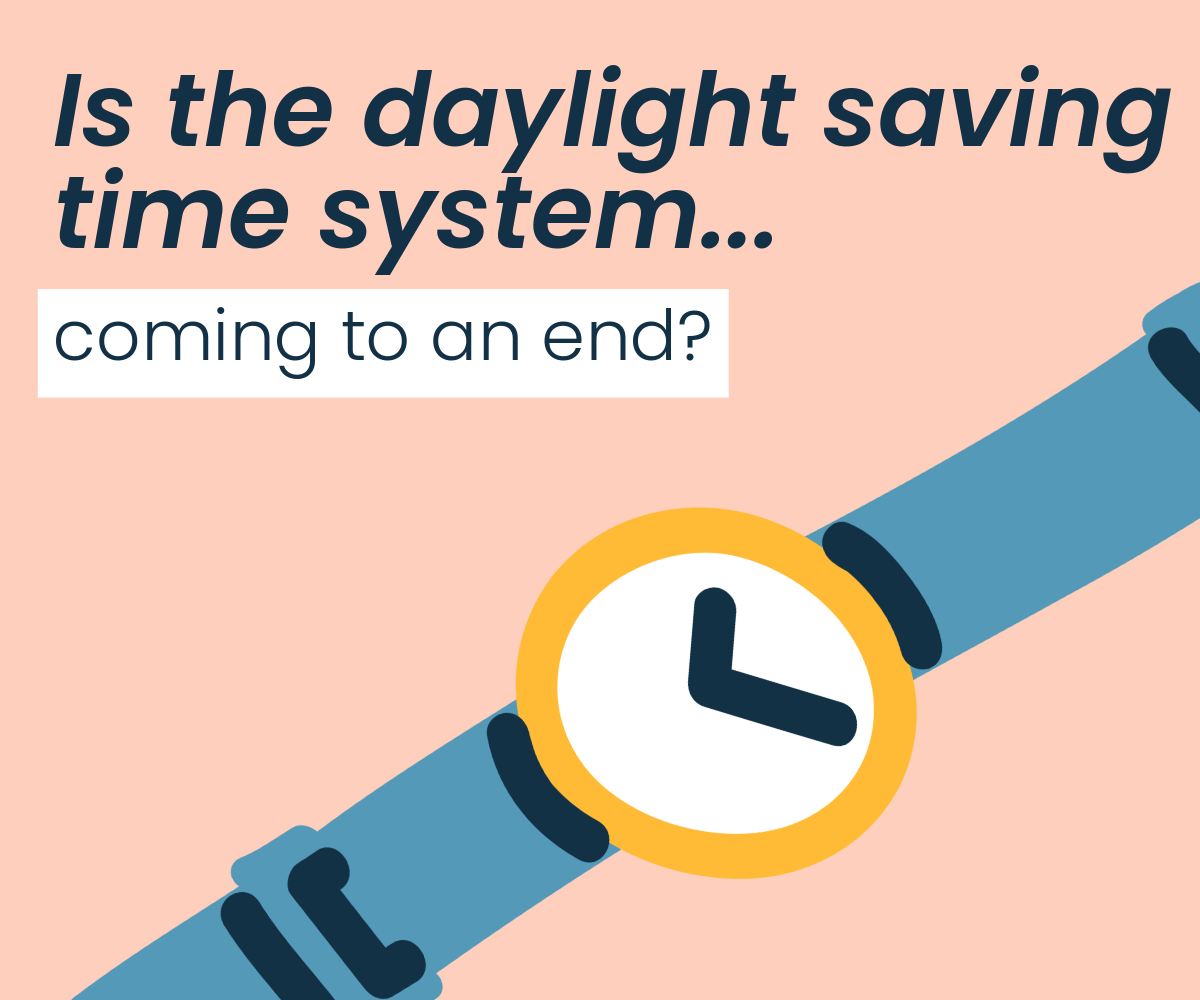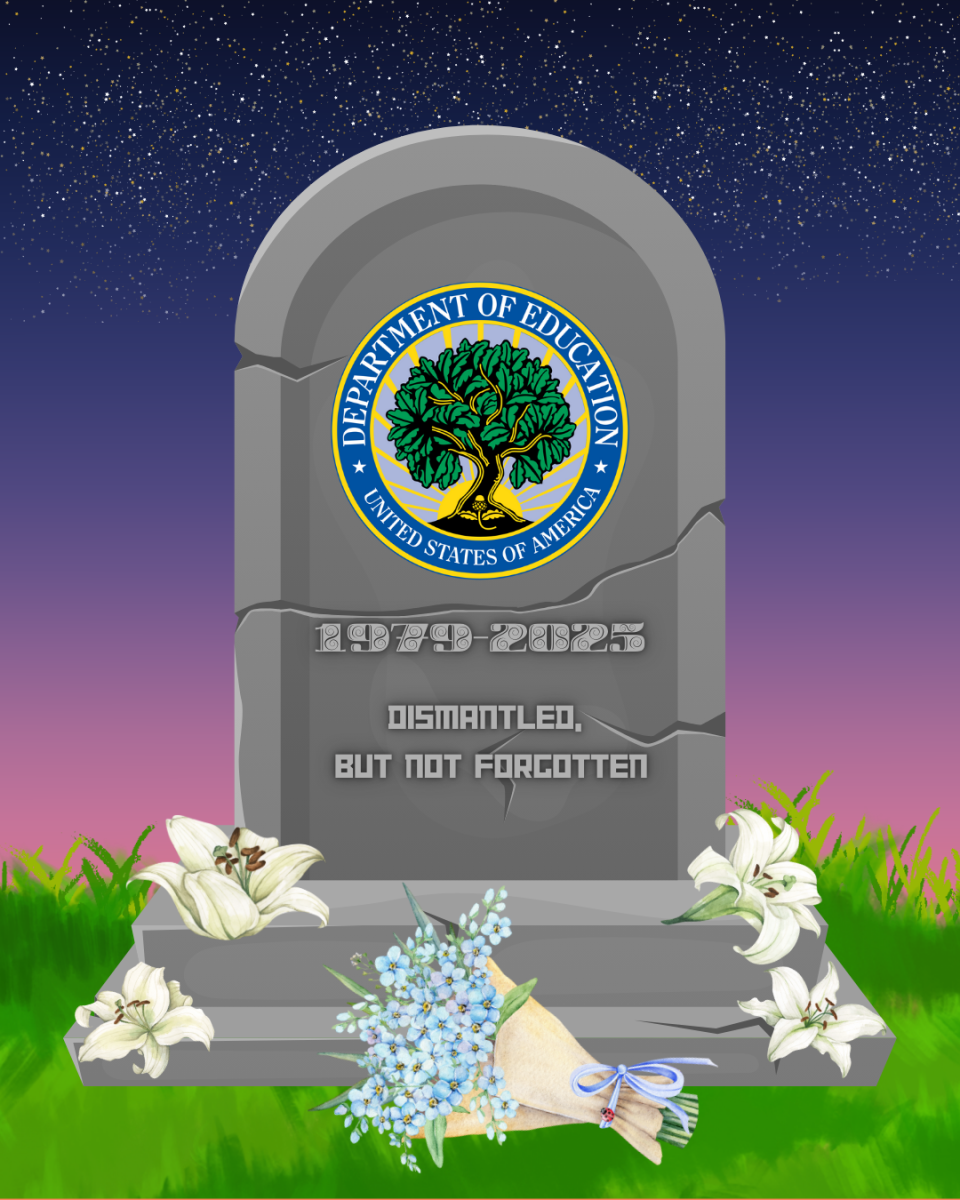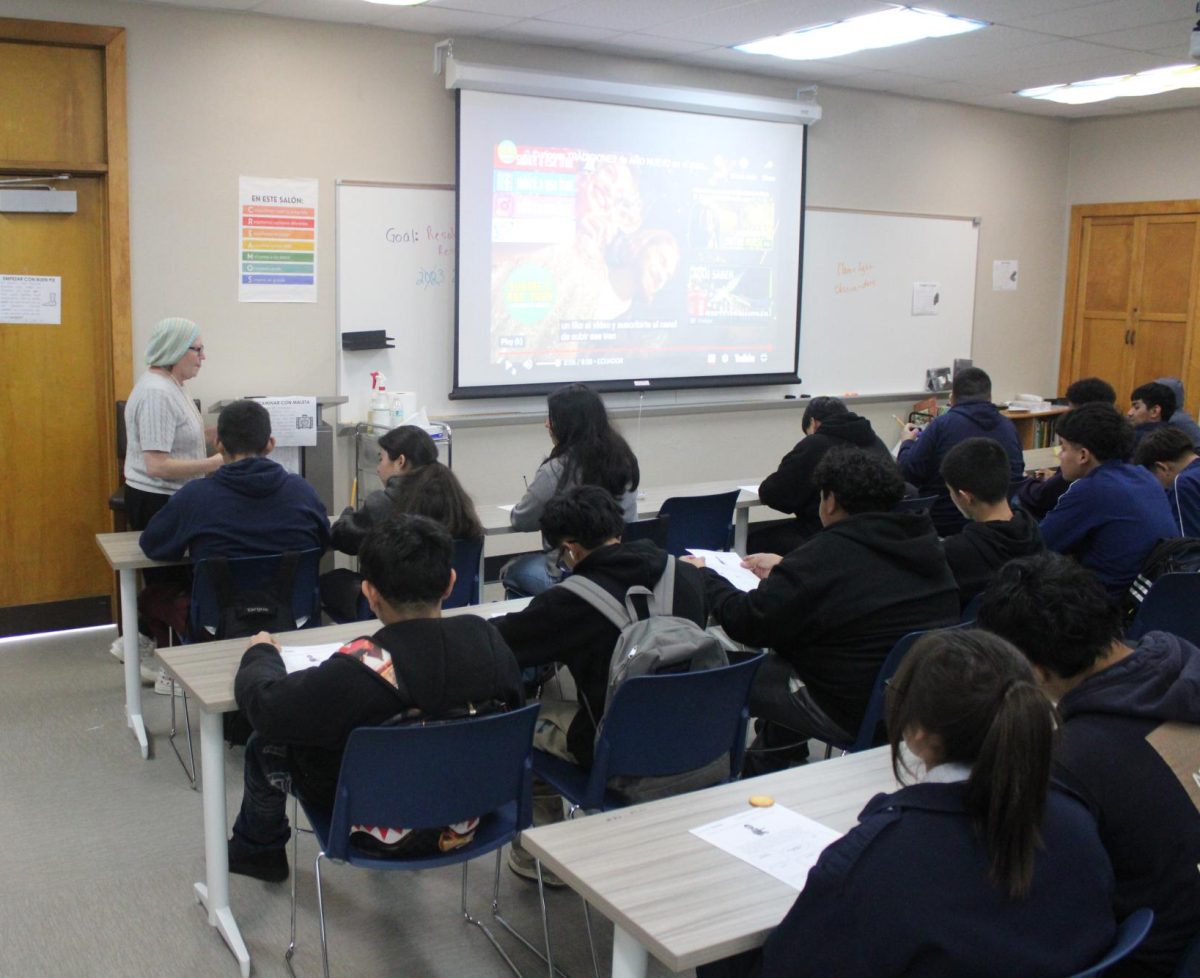Assembly Member Tri Ta and Senator Roger Niello have introduced identical bills, Assembly Bill 1776 and Senate Bill 1413, in their respective offices, to move the state of California to Standard Time permanently.
These two lawmakers in the California State Legislature, six years after Proposition 7 was approved, have revived discussions on the matter with their new effort to end the annual Daylight Saving Time switch. Proposition 7, approved in 2018, is a ballot measure that conforms the California daylight saving time to federal law.
The first attempt, which occurred in 2018, passed the Assembly 72-0 with 8 votes unrecorded but it was pulled out before it came to a vote in Senate. The second attempt, which occurred in 2022, failed 27-8 in the Assembly with 43 votes unrecorded.
Those bills are different from the most recent attempt. The previous attempts tried to enact permanent Daylight Savings Time, which is not permitted under federal law, according to Fox 5 News.
What is the purpose of Daylight Saving Time?
British builder, William Willet, is often credited with being the architect of time.
In 1907, he wrote a pamphlet called “The Waste of Daylight.” The pamphlet encouraged people to advance their clocks in the spring to get out of bed earlier and enjoy more daylight, according to CBS News.
Daylight Saving Time is still observed in many countries around the world, despite criticisms and debates surrounding its effectiveness. The primary purpose of DST is to make better use of daylight during the warmer months by shifting the clocks forward by one hour in the spring and backward one hour in the fall. This adjustment allows people to enjoy more daylight in the evenings and potentially save energy by reducing the need for artificial lighting, as Willet proposed.
However, some argue that the benefits of DST are negligible and even non-existent. Critics point to studies that suggest any energy savings are minimal, and that the disruption to sleep patterns caused by the time change can negatively affect health and productivity.
In 2022, research conducted by the American Academy of Sleep Medicine revealed that teens lose an average of 32 minutes of sleep a night after the Daylight Saving Time switch. This seemingly trivial difference can lead to slower reaction times, increased sleepiness, and lack of attentiveness, according to Time Magazine.
As a result, there is a growing movement to abolish DST altogether in favor of a more consistent and stable time system.
This is a developing story.








